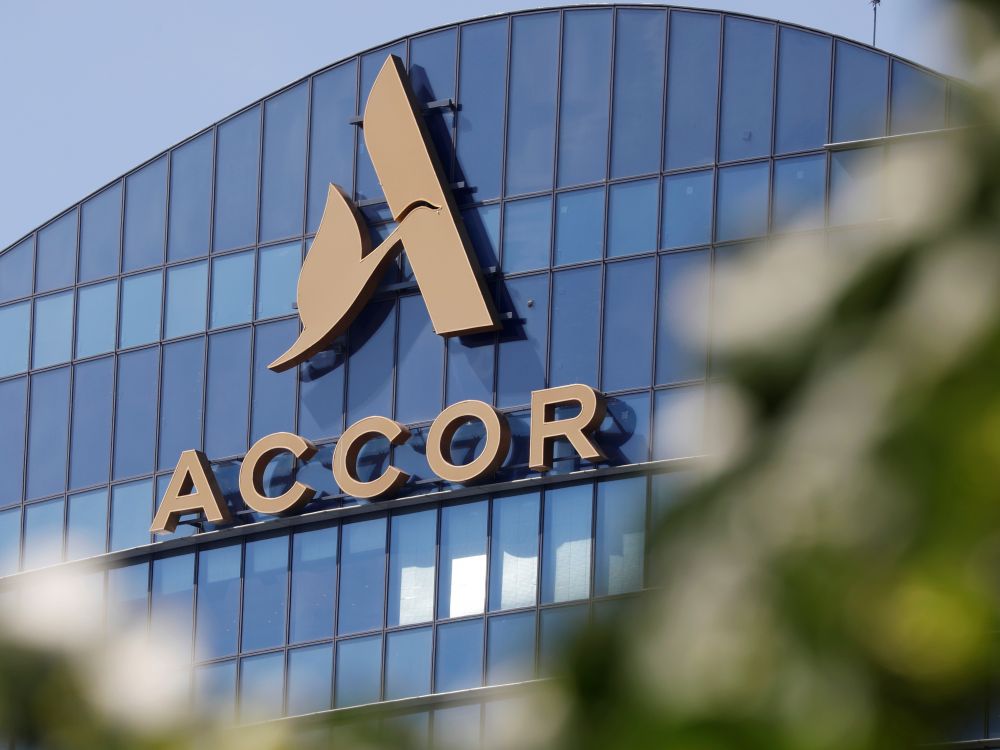Accor is a world-leading hospitality group offering unique and meaningful experiences across more than 5,600 hotels and 45+ brands in over 110 countries. With an unparalleled brand portfolio ranging from luxury to economy, Accor has been delivering hospitality expertise for over 50 years. To refine its marketing strategy and boost topline growth, Accor partnered with Artefact to implement a Marketing Measurement framework relying on Incrementality tests and Marketing Mix Modeling (MMM) enabled by Google models.
Yassine Hachem is Senior Vice President of E-commerce & Customer Engagement at Accor, where he leads strategic initiatives to drive revenue growth and enhance customer experience across digital channels. With a background spanning telecommunications, hospitality, and entrepreneurship, Yassine brings a unique blend of digital marketing, product innovation, and business strategy expertise. He began his career at Bouygues Telecom, holding various marketing roles from 2006 to 2013, before joining Accor to manage key digital transformation programs. After contributing to Accor’s growth strategy through new business synergies, he led digital product development as VP Guest Digital Products. In 2021, he took on the role of COO at Worklib, helping turn a startup concept into a widely adopted hybrid work platform. Yassine rejoined Accor in 2022 to head its E-commerce and Customer Engagement teams. He also shares his expertise as a lecturer at IAE Lyon and Université Panthéon-Assas.
Lucas Machin is the Ecommerce Growth and Partnership director at Accor since 2023. His role is to fuel Accor with Ecommerce best practices and innovative approaches he acquired through his 12 years of experience in Tech, first at Google that he joined in 2013 as Account Strategist, to then enter the startup ecosystem in Ecommerce pure players scale ups, starting by Getaround (B to B to C car rental company) where he led the Growth department in Europe from 2019 to 2022, to then join Ankorstore (B to B Ecommerce platform) as Head of Brand Marketing
Challenge: Refine Accor’s budget allocation model to consider incrementality and saturation
With guest behavior shifting towards online bookings, Accor must invest efficiently across the full marketing funnel—especially in acquisition—to grow direct web sales and reduce reliance on Online Travel Agencies (OTAs). Meanwhile, media costs have increased sharply (+19% between 2022 and 2024), amplifying pressure on acquisition budgets.
Yet, Accor lacked the tools to assess marketing saturation—when additional spending fails to drive more bookings—and incrementality, which measures the lift attributed to a specific marketing activity beyond what would have happened anyway. Both concepts are key to capturing demand without overspending. Attribution models, while useful for day-to-day optimization, fall short in capturing cannibalization and diminishing returns effects. Budgets remained fixed, based on paid ROI (Return On Investment) alone, with limited capacity to justify additional investment.
“We questioned the high budget for acquisition levers like SEA, which become costlier each year without proving that the revenue generated is truly incremental compared to other levers/channels. Thus, we decided to measure the incrementality of our investments. This measurement helps evaluate marketing effectiveness, leading to better decisions, optimized spending, and greater business growth.” – Yassine Hachem, SVP E-commerce & Customer Engagement, Accor.
Solution: Empower media & acquisition teams to optimise investment and increase bookings on ALL.com
To address these limitations, Accor and Artefact launched an Incrementality Centre of Excellence (ICoE) and designed a structured performance measurement framework combining three layers:
- Attribution for operational optimization
- Incremental testing for isolated impact measurement
- MMM for strategic budget planning
Accor and Artefact launched a dedicated ICoE to structure media performance measurement and enable more informed budget decisions. A common framework was defined around three complementary methodologies: attribution for day-to-day optimization, incremental testing to measure causal impact, and Marketing Mix Modelling (MMM) to support strategic budget planning.
As a first step, incremental testing was deployed using Google’s Matched Market models across major countries and acquisition levers within the PME (Premium Midscale Economy) division. Internalized and scaled, these tests enabled Accor teams to better isolate media impact and foster a test-and-learn culture around incrementality.
Building on this foundation, a Marketing Mix Modelling solution was developed in three phases. A lightweight pilot model was first built for the ENA region (Europe & North America) and validated within the French market segment (PME France). More advanced models, such as Google’s Meridian, an open-source MMM, were then deployed across PME and Lifestyle & Luxury brands, identifying cross-market and cross-lever optimization opportunities. The system was later enriched with additional data sources, improved forecasting capabilities, and models to measure branding impact.
“Challenging our assumptions is crucial for empowering teams to capture incremental value, optimize our budgets and adapt our strategy. This allows us to make informed decisions, respond effectively to market changes and drive sustained business growth in a very competitive landscape.” — Yassine Hachem
Results: Optimize media mix and decision-making through internal MMM, driving ROI and enhancing collaboration
The shift from the lightweight pilot to Google Meridian brought a >94% accuracy rate in revenue predictions—enabling reliable forecasting and model credibility. To date, over 15 MMM Minimum Viable Product (MVP) models have been deployed across brands and countries based on Google Meridian.
The initiative has proven self-financing from year one and is now acknowledged as the single source of truth for acquisition budget decisions. Three regional hubs – ENA, MEASPAC (Middle East Asia-Pacific), Americas – are fully onboarded, and collaboration between business, finance, and marketing has significantly improved—ensuring greater consistency, alignment, and accountability in media investment decisions. The insights generated also supported the validation of additional budgets.
Conclusion: Scale Accor’s MMM to drive long-term growth while considering alternative marketing strategies
By embedding incrementality, saturation, and ROI into its decision-making process, Accor has laid the foundations for more efficient, autonomous and agile budget planning. The next steps involve expanding MMM coverage and complementing it with diversified acquisition strategies and reinforced organic levers to support sustainable long-term growth.
“Incrementality measurement is key to marketing effectiveness, especially with rising privacy concerns and complex customer journeys. We aim to address current challenges through technology, advanced analytics, and privacy-focused data strategies. Accor is developing solutions to adapt, optimize marketing budgets, and improve ROI both in the short and long term.” — Yassine Hachem

 CLIENT CASES
CLIENT CASES




